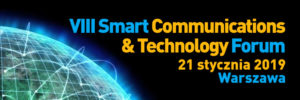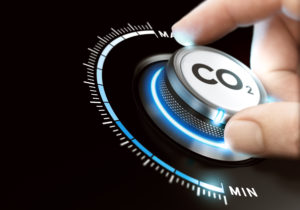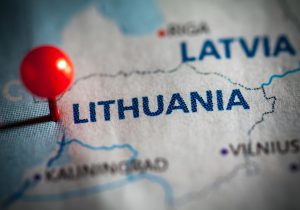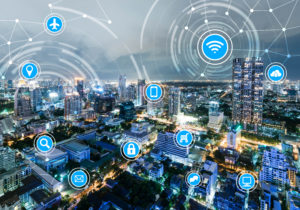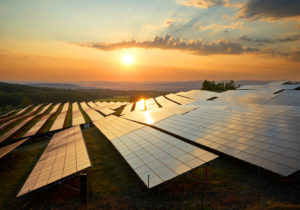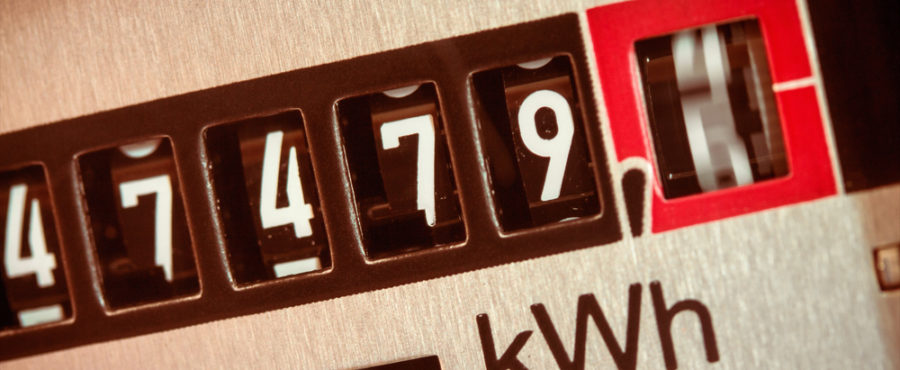
21 January 2019 Warsaw hosts the 7th edition of „Smart Communications & Technology Forum”. Major themes at this important event included smart networks and new ways of measuring power consumption[1].
What are smart networks?
Smart networks are power networks which are capable of automatic monitoring of power flows and properly adjusting themselves to frequency changes. Equipped with smart meters and innovative software they allow consumers to track power consumption, precisely to a single second.
One of the invited participants was a German start-up, Fresh Energy, which presented its solution. Artur Borger, Head of Business Development, shared the company’s experiences in implementing their product in the German energy market.
Fresh Energy meters are capable of collecting data and sending them to an application or user’s online account. Here, the information is optimised and archived. By analysing the data one may limit power losses and obtain higher savings. A dedicated mobile application provides for continuous monitoring and offers full control of power consumed by domestic appliances. The system automatically recognizes whether, at a given moment, electric current is consumed by, for instance, a washing machine, coffee maker or refrigerator. The only constraint of this solution is that it may be used only in households equipped with smart meters.
How can meters change households?
Optimisation of household power consumption thanks to continuous monitoring (assuming 80 per cent of consumers have smart meters) will be able to limit carbon dioxide emission and consumption of electricity by 9 per cent a year. The meters not only enable remote reading of consumption but communicate with the distributor and the seller. It is worth noting that similar devices are already measuring natural gas or water consumption[1].
Presenters
At „Smart Communications & Technology Forum”, smart meter implementation projects were also presented by other participants from: Lithuania (Evaldas Žibaitis, Head of AMI Division, ESO), Austria (Peter Frisch, Sales Director Central and Eastern Europe, S&T Smart Energy), and Finland (Jorma Myllymäki, Operations Director, Elenia Oy)[2].
Their experiences varied depending on the percentage of smart meters installed in their countries. Finland and other Scandinavian countries have big volumes of installed 1st generation smart meters, which are now regularly replaced. On the other hand, Germany has standard meters, so far referred to as “analogue” and replacing them is entirely up to the customer.
Durability of meters
Durability of smart meters is approximately 10-15 years. This means that devices installed at the beginning of the 21st century will soon require replacement. This poses an opportunity for manufacturers of modern meters, as well as for consumers, who will then be able to better control the costs of power consumption.
When is Poland going to replace the meters?
According to the Ministry of Economy, 12.8 million meters will have been replaced by 2020. This means that 80 per cent of households will soon have smart meters. Lead electricity providers have already started the process of replacing the meters in major cities[3].
Since 2014 Energa power company has installed 400,000 meters with a remote reading functionality in cities like Kalisz and Władysławowo. RWE has installed 100,000 meters in Warsaw, and Tauron – 40,000 in the south of Poland.
According to the draft act introducing smart meters, the percentage of such devices in subsequent years is to be as follows:
- 31 December 2015 – at least 5%
- 31 December 2016 – at least 15%
- 31 December 2017 – at least 25%
- 31 December 2018 – at least 40%
- 31 December 2019 – at least 60%
- 31 December 2020 – at least 80%
[1] https://biznesalert.pl/inteligentne-liczniki-innowacje-energetyka/
[2] https://cbepolska.pl/pl/viii-smart-communications-and-technology-forum.html?start=4
[3] https://dobryprad.pl/informacje-praktyczne/wymiana-licznikow-energii-elektrycznej/

